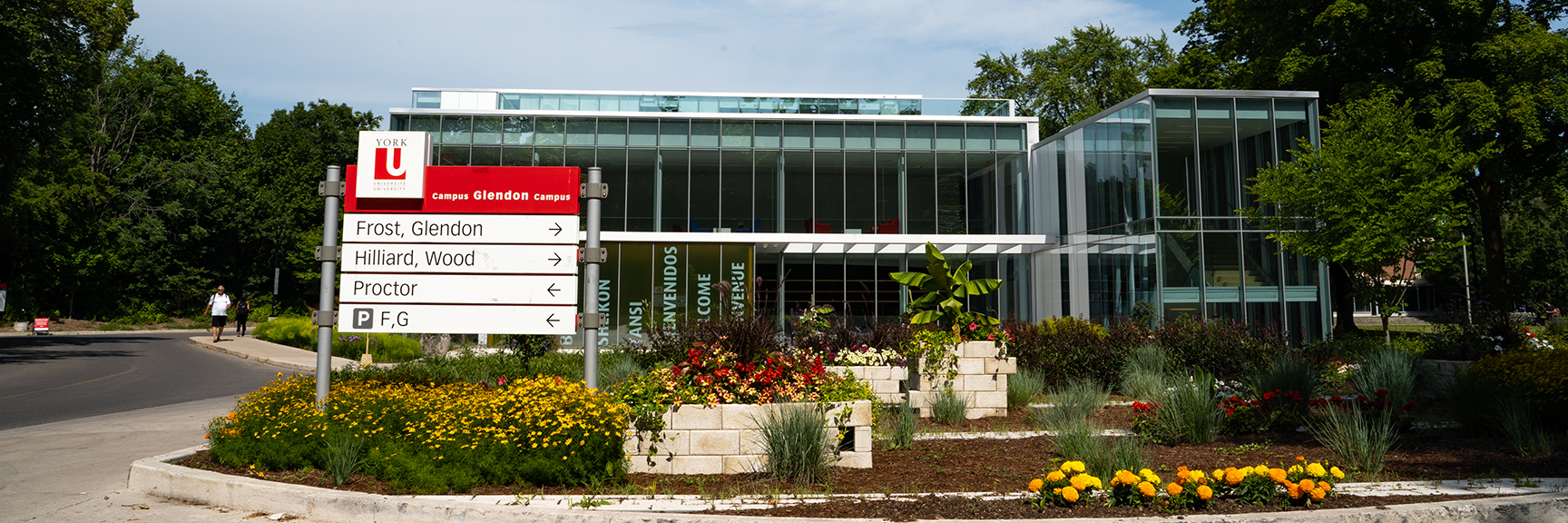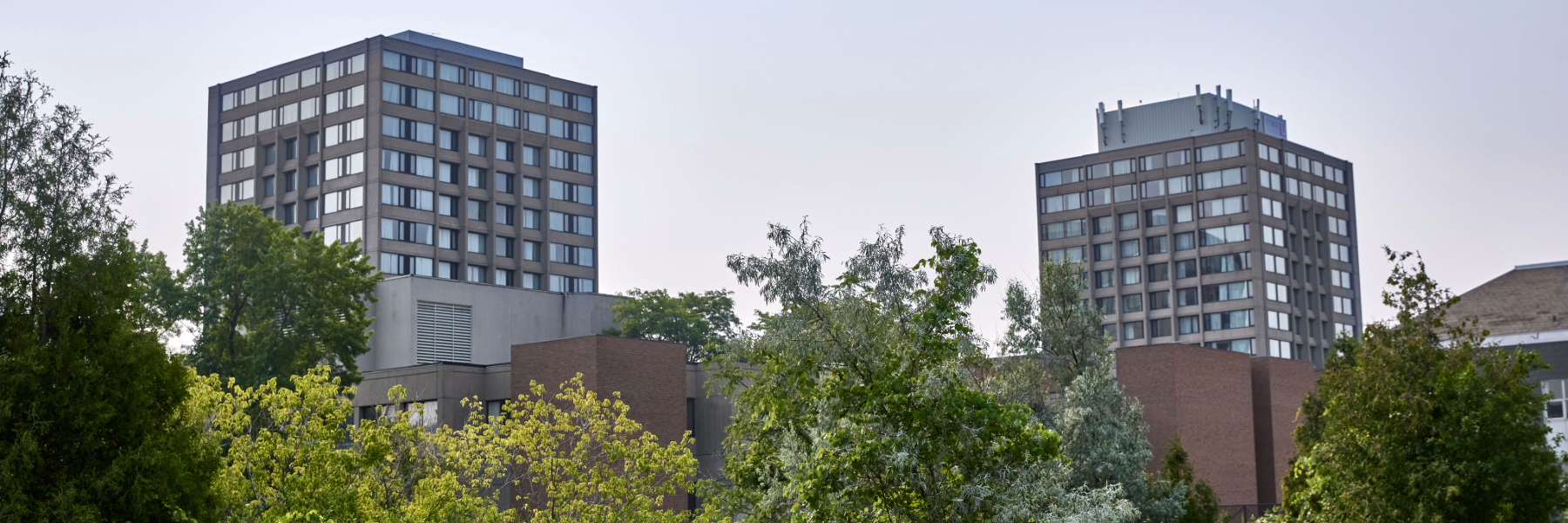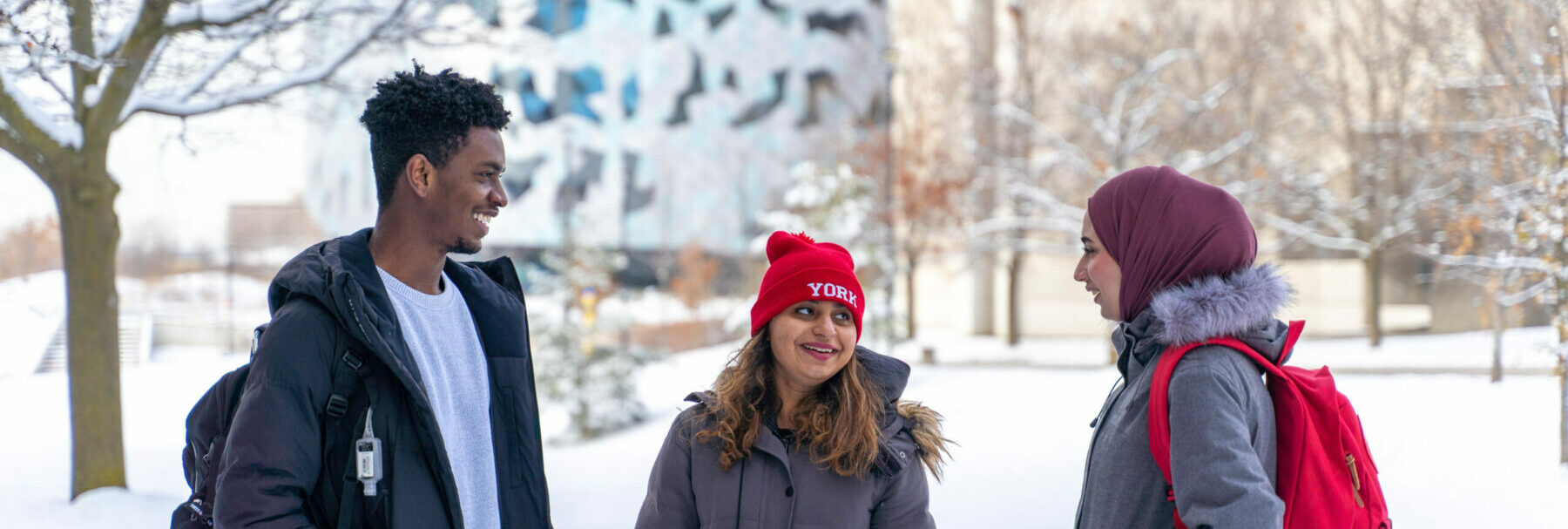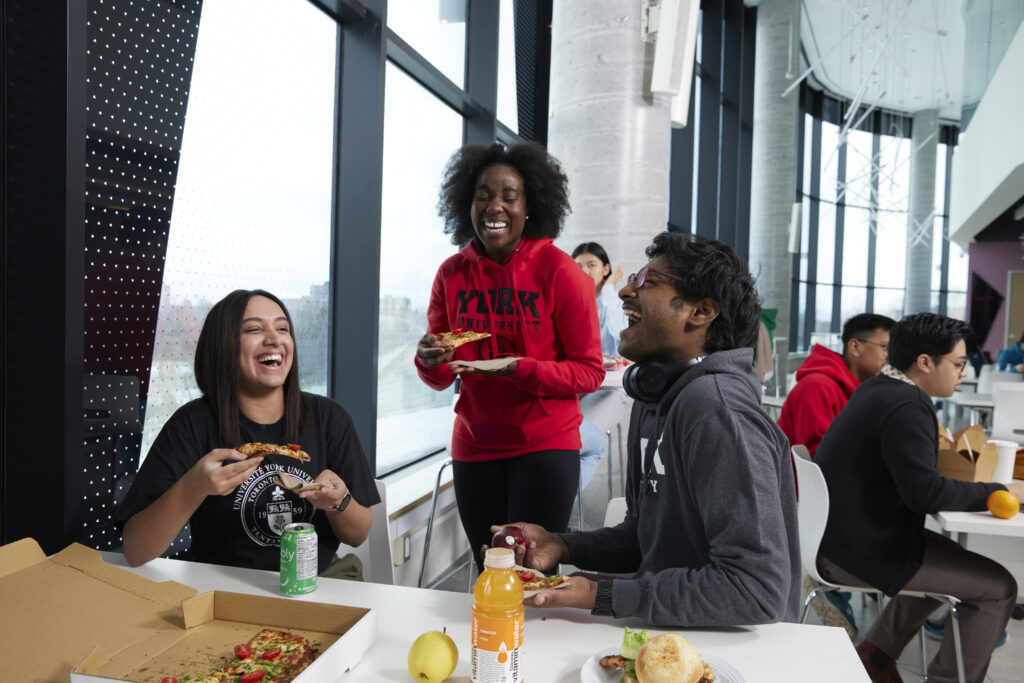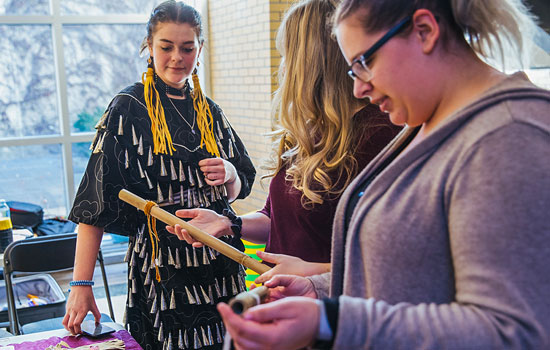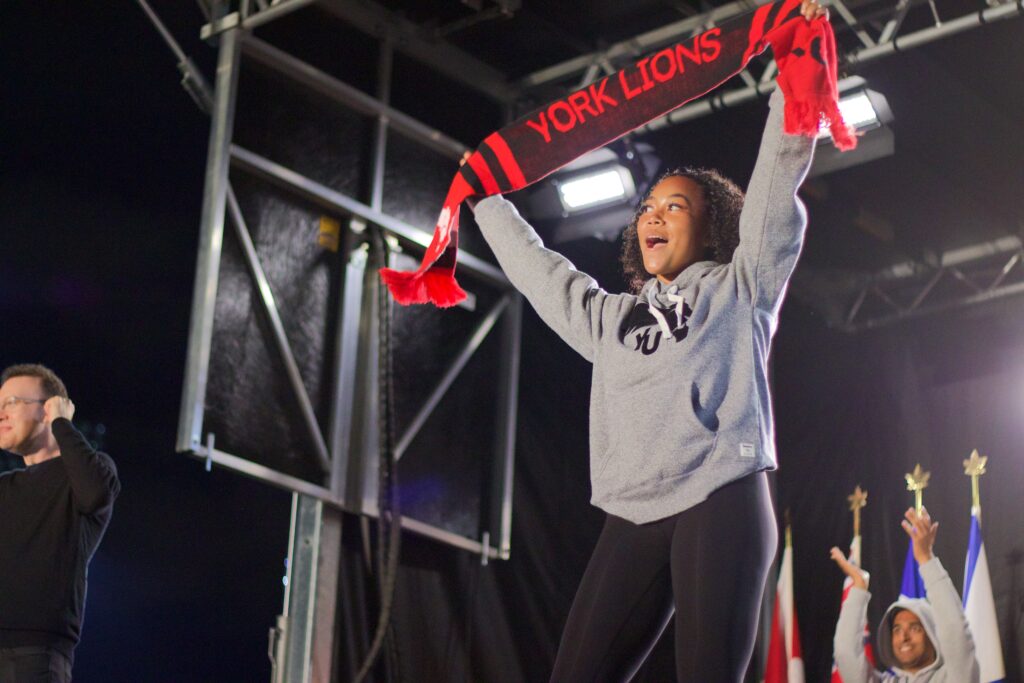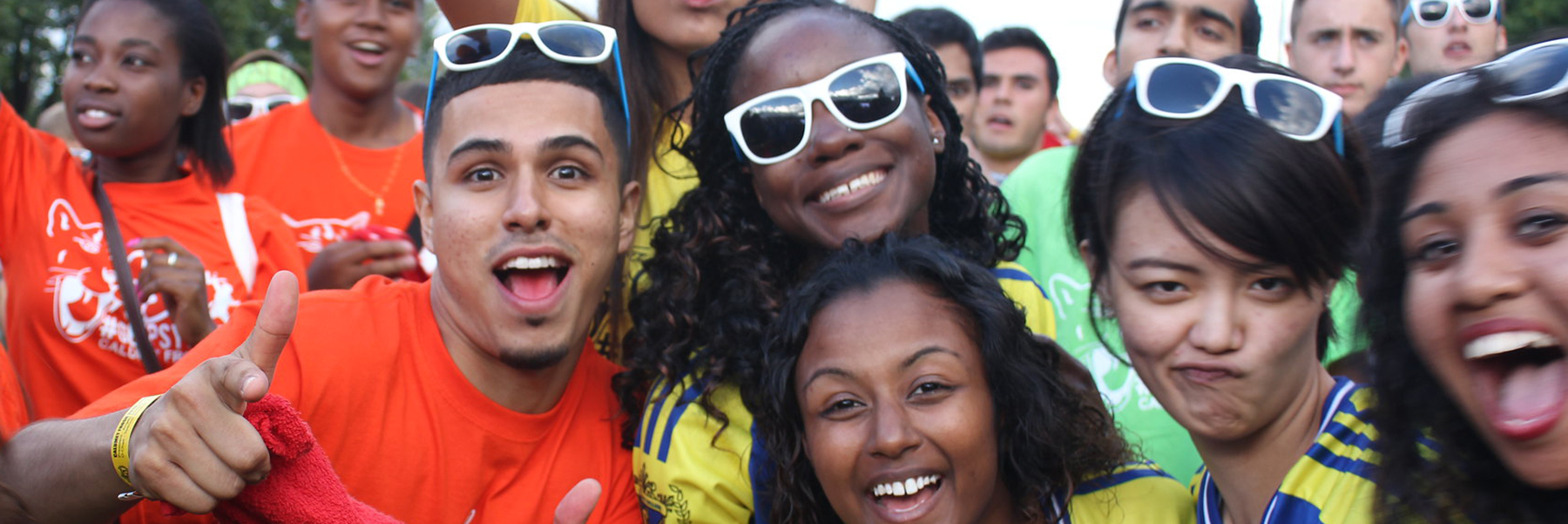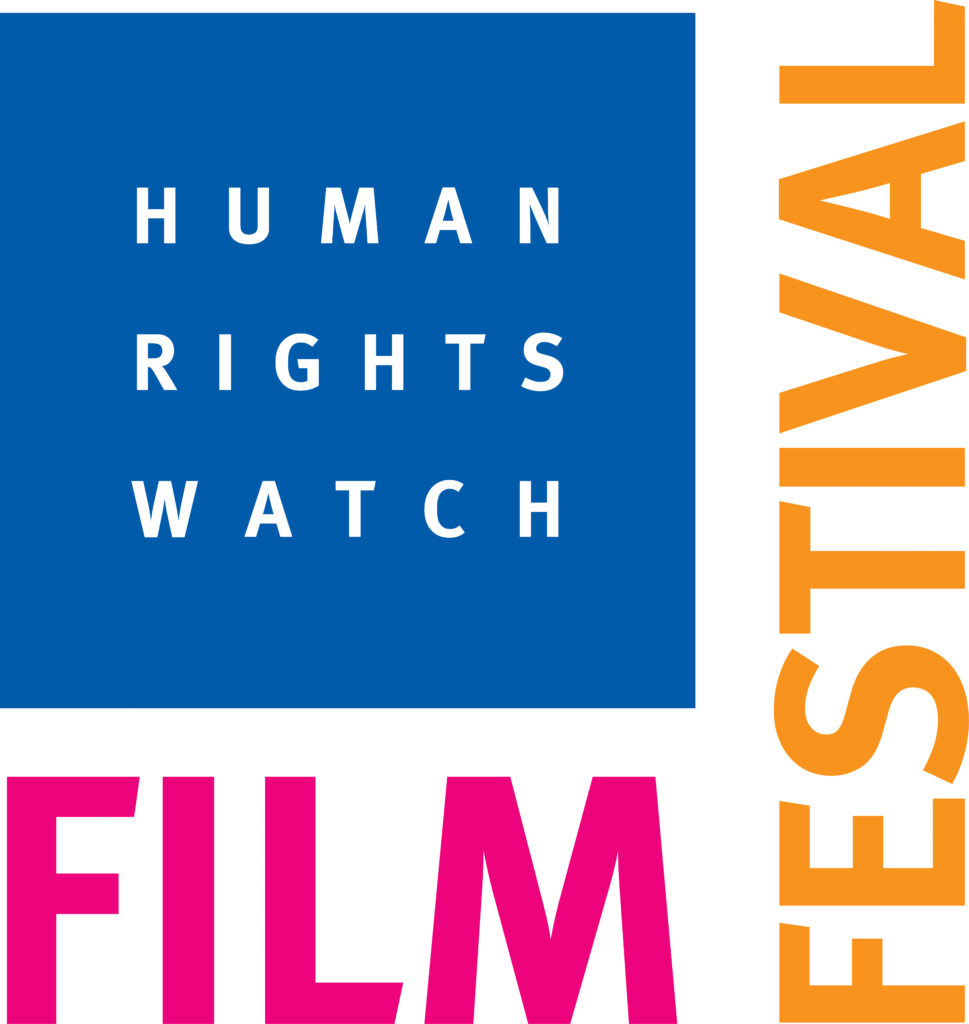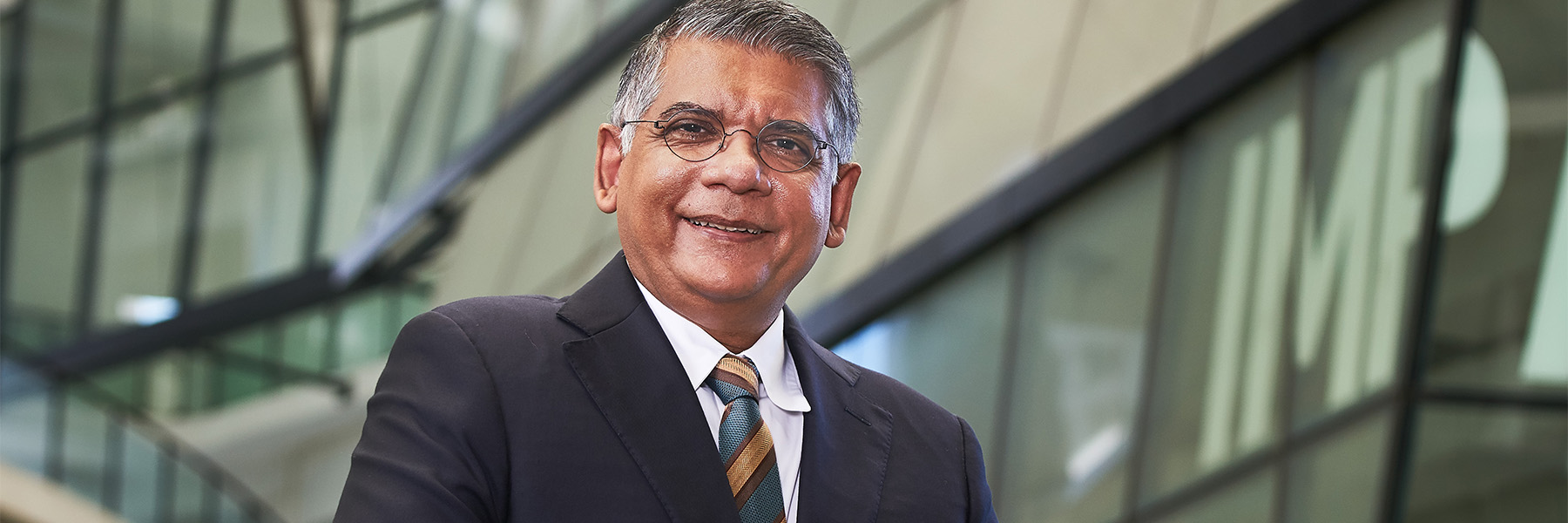Since the fall of 2021, Glendon has been engaged in a repositioning exercise to ensure that program offerings are compelling, career-relevant, geared toward student needs and sustainable.
Throughout the repositioning process, faculty, staff, students, alumni and other community members have been actively engaged in a thoughtful consultation process about the future direction of Glendon College. Town hall events, community conversations, meetings with Senate and Faculty Council, and polls were regularly held as community touchpoints over the past three years.
The future direction for Glendon includes the restructuring of academic units to promote greater interdisciplinarity and to support research, teaching and the student experience. The revised structure also focused on embracing efficiency in the delivery of Glendon’s programs and strengthening enrolment.
“This new structure presents an opportunity to establish an environment that supports the kind of academic renewal that is needed among today’s universities, where new and innovative ideas are born at the intersection of disciplines,” says Marco Fiola, principal of Glendon College. “I would like to thank all Glendon and York University community members who have participated in this process to create a vibrant future at Glendon.”
On April 30, 2024, York’s Board of Governors approved the restructuring of Glendon’s academic units, bringing into place the following new departmental structure as of September 1, 2024:
- Glendon Department of Global Communication and Cultures;
- Glendon Department of Science;
- Glendon Department of Economics, Business and Mathematics; and
- Glendon Department of Global and Social Studies.
“A more integrated structure supports creativity in thinking across disciplines when it comes to renewing our curriculum and building our research culture. Above all else, academic programs must remain responsive to the changes we are seeing across higher education today,” says Lisa Philipps, provost and vice-president academic. “I want to recognize the Glendon colleagues who will ultimately ensure the success of the repositioning. This new structure supports sustainability and enables us to deliver the best learning experience possible for our students.”
In the coming months, changes will continue to unfold, including adjustments to academic programming to enhance the student experience, creating co-ordinated recruitment efforts that align with the University-wide strategy and modifications to Glendon’s administrative service model. All these efforts will support the delivery of an enhanced educational experience for students at Glendon starting this fall.
“We have the know-how and we have the ingenuity to be a bold and forward-thinking part of York University,” says Fiola. “This new, streamlined academic structure will help us make better use of our resources, for the benefit of our students and faculty members.”
Une nouvelle orientation pour le Collège Glendon
Depuis l’automne 2021, Glendon se prête à un exercice de repositionnement pour s’assurer que ses offres de programmes sont non seulement pertinentes et en rapport avec une carrière professionnelle, mais aussi durables et axées sur les besoins de la population étudiante.
Tout au long de ce repositionnement, le corps professoral, le personnel, la population étudiante, des diplômés et d’autres membres de la communauté ont participé activement à un processus de consultation approfondi sur l’orientation future du Collège Glendon. Des conversations communautaires, des réunions avec le Sénat et le Conseil de la faculté et des sondages d’opinion ont été organisés régulièrement au cours des trois dernières années afin de rester en relation avec la communauté.
L’orientation future de Glendon comprend la restructuration des unités académiques afin de promouvoir une plus grande interdisciplinarité et d’appuyer la recherche, l’enseignement et l’expérience étudiante. La structure modifiée privilégie aussi l’efficacité de la prestation des programmes de Glendon et le renforcement des inscriptions.
« Cette nouvelle structure nous donne la possibilité de créer un environnement qui favorise le renouveau académique essentiel aux universités d’aujourd’hui et dans lequel des idées nouvelles et innovantes voient le jour au croisement des disciplines, déclare Marco Fiola, principal du Collège Glendon. Je tiens à remercier tous les membres de la communauté de Glendon qui ont participé à ce processus visant à assurer un avenir prometteur au Collège. »
Le 30 avril 2024, le Conseil d’administration de York a approuvé la restructuration des unités académiques de Glendon qui met en place la nouvelle structure départementale suivante à compter du 1er septembre 2024 :
- Département de la communication et des cultures mondiales de Glendon
- Département des sciences de Glendon
- Département des sciences économiques, des affaires et des mathématiques de Glendon
- Département d’études mondiales et sociales de Glendon
« Une nouvelle structure simplifiée plus intégrée favorise la créativité dans la réflexion interdisciplinaire en vue du renouvellement de nos programmes d’études et de la consolidation de notre culture de la recherche, explique Lisa Philipps, rectrice et vice-présidente aux affaires académiques. Les programmes doivent notamment demeurer très réactifs aux changements que nous observons aujourd’hui dans l’enseignement supérieur. Je tiens à reconnaître les collègues de Glendon qui assureront au bout du compte le succès de ce repositionnement. La nouvelle structure favorise la durabilité et nous permet d’offrir la meilleure expérience d’apprentissage possible à notre population étudiante. »
Dans les mois à venir, des changements continueront à être apportés aux programmes académiques pour améliorer l’expérience étudiante, entraînant des efforts coordonnés de recrutement conformes à la stratégie globale de l’Université et des modifications du modèle de service administratif de Glendon. Tous ces efforts appuieront une expérience éducative améliorée pour la population étudiante de Glendon dès cet automne.
« Nous possédons le savoir-faire et l’ingéniosité nécessaires pour devenir une composante dynamique et avant-gardiste de l’Université York. Grâce à cette nouvelle structure académique rationalisée, nous pourrons mieux utiliser nos ressources au profit des membres de la communauté étudiante et du corps professoral », ajoute Marco Fiola.


